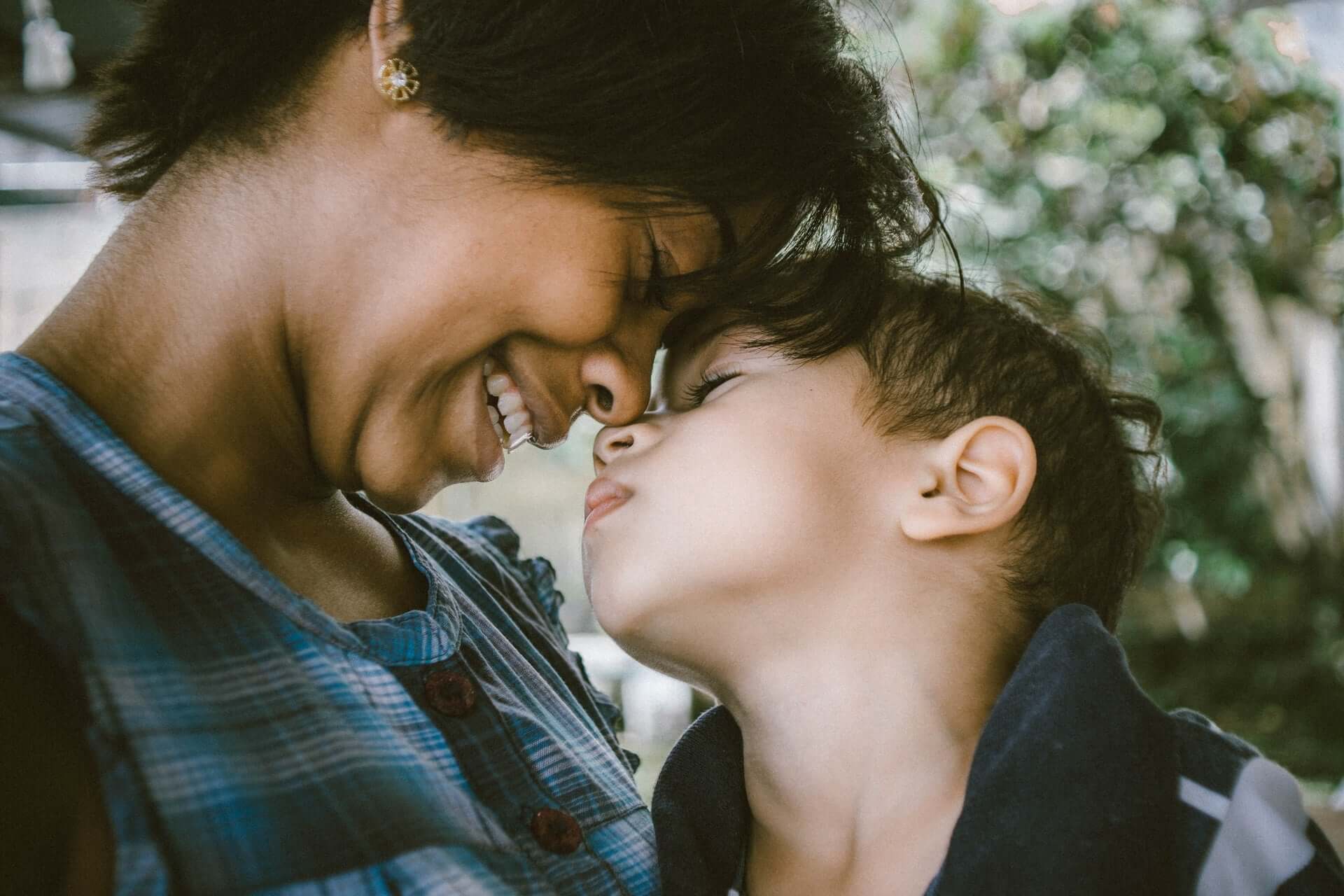
Inhaltsverzeichnis
Give children security in moving times
Security – a fundamental feeling essential for each of us when it comes to healthy development and building reliable bonds. Security is, at its core, everything our entire lives revolve around. Whatever desires, goals, and needs we pursue and examine down to their core, the secret driving force is the desire for security.
But we all know that there are times when these foundations are shaken, no matter how hard we try to avoid it. The best alarm system can't completely prevent a break-in, nor can the most expensive life insurance policy save a life.
A broken relationship within the family, illness, financial difficulties, or other challenging circumstances can sometimes shake us and our family life. It inevitably happens from time to time, and not everything is controllable – now it's time to tap into all our resources to get through the crisis together. Our focus is on our children, whom we support and whose well-being often revolves around.
If push came to shove, we would sacrifice all our well-being for yours. Now it's important that this resonates with the children, that our love actually sustains and sustains them.
So, what can we as parents do to give our children a sense of security in any crisis? Here's a short safety guide, researched and practically tested.
The Safety Guide
- Pay attention to the children’s signs:
Children subconsciously know exactly what they need. They certainly express this differently than we adults would verbally. Our job is to interpret the behavioral symptoms. Do they have an increased need for cuddles? Are they often in a bad mood, constantly wanting food, have a low frustration tolerance, or argue a lot? In a crisis, such behavior, even if it's out of the ordinary, is always an indication of a deeper need—it's rarely really about who gets to play with the doll or whether the child is actually hungry. Observe the child, put yourself in their shoes, and listen to your intuition to determine what need lies behind the behavior. - Talk, talk, talk:
Contrary to the belief of many people who assume that everything should be kept away from children, it is often very important for parents to talk to their children – in a child- and age-appropriate manner, of course. Whatever the challenge, we humans are all sentient beings and can sense unerringly when something is wrong. If the situation is completely obscure to the child, it can be very confusing. They only sense: Something is wrong. But no one tells them what's going on. This has an unsettling effect.
An important note here: When we talk to our children, we should do so from a position of hope and security. We make what's going on tangible for the children, but we don't let them carry the emotions we're going through ourselves. Our job is to provide a safe haven. - Still experience beautiful things!
The situation may be so demanding that we barely have the strength to cope – but it's worth it. Even the smallest mini-moment of normality and security can be enormously helpful and supportive – not only for the children, but also for ourselves. Drink hot cocoa together. Cuddle up in bed and read a book. Look out the window together. Take a short walk and consciously pause for anything that interests the child.Just a few minutes of mindfulness a day can be helpful. - Keep looking the child in the eyes:
Direct contact is a balm for the soul. Many adults tend to withdraw into themselves when faced with problems or to unfilter everything outward – but there is the possibility of remaining mindfully connected with our family members, and especially with our children. If you repeatedly look directly at the child and smile, they will feel: Mom/Dad is still there. They are present. They are present. I am not alone. Difficulties in life are a part of life, and the child now experiences such a situation – but with the feeling that they are not left alone. - Last but not least: hope!
A crisis always ends with the right attitude: It's important that everyone, both adults and children, can sense and believe that this situation is only temporary. Things won't stay the way they are and end again. It will get better, I promise. When parents feel genuine hope and spread it throughout the atmosphere, their children will also share this positive attitude. This process occurs unconsciously depending on their age, but it is essential for a sense of security and, incidentally, a helpful tool for later adulthood.
If you would like to learn more about family, pregnancy, mindfulness, nutrition or sustainability, take a look here over.



























Leave a comment
This site is protected by hCaptcha and the hCaptcha Privacy Policy and Terms of Service apply.